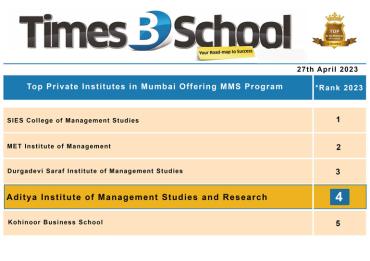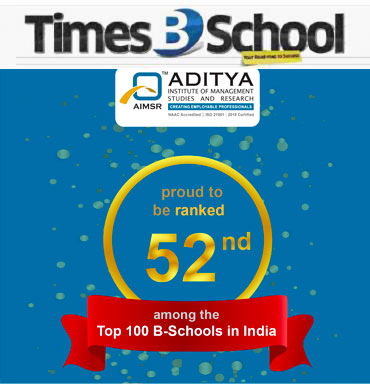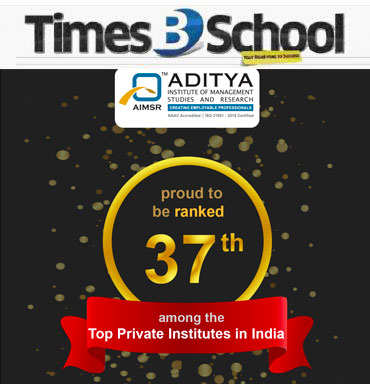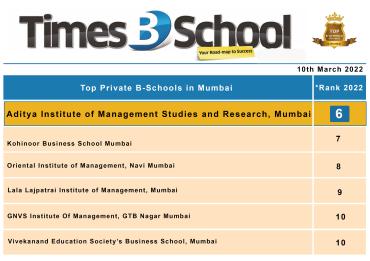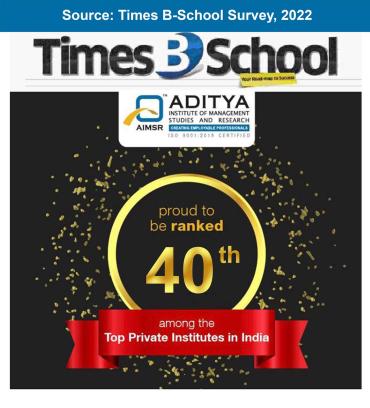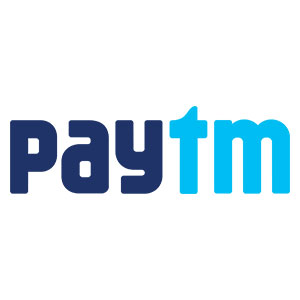
Who can Pursue in PhD
A Ph.D. in Management Studies is a doctoral-level academic program that focuses on advanced research and scholarship in the field of management. This program is designed for individuals who aspire to make significant contributions to the understanding of management theory, practice, and policy. Here are the key details about pursuing a Ph.D. in Management Studies:
Program Structure:
Duration: The duration of a Ph.D. program in Management Studies varies, but it typically takes around 4 to 6 years to complete. The timeline depends on factors such as the nature of the research, the student's progress, and the requirements of the specific program.
Coursework: The program usually begins with a coursework phase. While the coursework is less extensive compared to master's programs, it provides a foundation in research methodologies, theoretical frameworks, and relevant literature in the field of management.
Comprehensive Examinations: After completing the coursework, students may need to pass comprehensive examinations to demonstrate their mastery of the subject matter and research methodologies.
Research Proposal: Students are required to develop a research proposal outlining their intended research topic, objectives, methods, and significance. This proposal often undergoes a review and approval process by a committee of faculty members.
Dissertation: The core of the Ph.D. program is the dissertation or thesis. This is an original piece of research that contributes new knowledge to the field of management. The dissertation process involves conducting in-depth research, analyzing data, and presenting findings.
Defense: Upon completion of the dissertation, students defend their research before a committee of faculty members. The defense involves presenting and defending the research methodology, findings, and conclusions.
Specializations:
Ph.D. programs in Management StudiesIn Mumbai, often allow for specialization in various areas such as:
Strategic Management: Focuses on organizational strategy and competitive advantage.
Organizational Behavior: Examines individual and group behavior within organizations.
Human Resource Management: Concentrates on the management of human capital within organizations.
Operations Management: Explores the design and management of processes and systems.
Marketing Management: Investigates marketing strategies and consumer behavior.
Finance and Accounting: Centers on financial management, accounting practices, and corporate finance.
Admission Requirements:
- Admission to a Ph.D. program in Management Studies is competitive and typically requires:
- A master's degree in a related field.
- Strong academic performance, often demonstrated by high GPA.
- Letters of recommendation.
- A well-defined research proposal.
- Standardized test scores (such as GRE or GMAT).
Career Opportunities:
Upon completion of a Ph.D. in Management Studies In Mumbai, graduates can pursue academic careers as professors and researchers. Additionally, they may find opportunities in research institutions, think tanks, consulting firms, or as senior-level executives in organizations.

Considerations:
Research Interest: Choose a program that aligns with your specific research interests within management.
Faculty: Consider the expertise and research interests of the faculty members in the program, as they will play a crucial role in guiding your research.
Resources: Evaluate the resources and facilities available for research, including libraries, databases, and laboratories.
Networking: Ph.D. programs provide opportunities to build a network of scholars and professionals in the field, which can be valuable for future collaborations and career opportunities.
Publication Opportunities: Assess the program's track record in terms of supporting students in publishing their research in reputable journals.
Before applying, thoroughly research different Ph.D. College In Mumbai, speak with current students and faculty, and carefully consider your long-term career goals.
